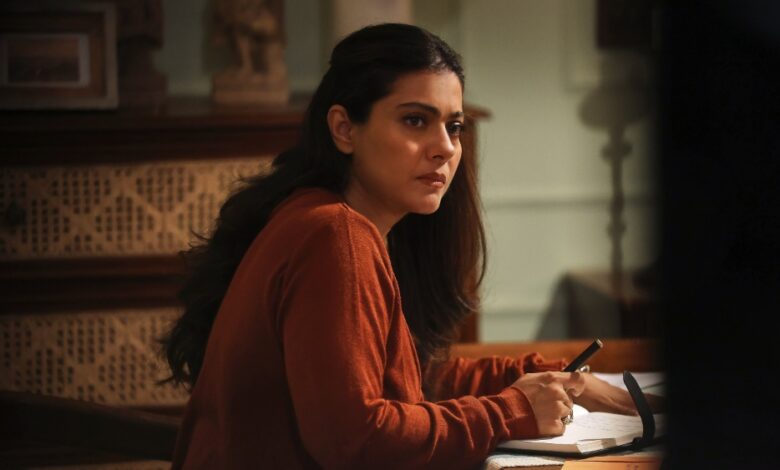BBC, Banijay Execs tackle international series adaptations in India

A panel of leading television executives and makers at Film Bazaar discussed the intricacies of adapting international series for Indian audiences.
Mrinalini Jain of Banijay Asia said successful adaptations require more than a simple translation. “There is a very fine line between translating a format and transposing it, and transposing is where the magic happens,” Jain said, citing how “The Good Wife” was reimagined as “The Trial” with two daughters in place of a son and daughter. explore different emotional dynamics within an Indian family context.
Creator Suparn S. Varma (‘Ray Donovan’ adaptation ‘Rana Naidu’) pointed out that not all international hits translate effectively to Indian screens. “Every story doesn’t translate. For example, someone offered me ‘Peaky Blinders’. I love ‘Peaky Blinders’ but it doesn’t translate into an Indian show because it’s so ingrained in the ethos of the culture there, the society there [U.K.]“The fact that you can’t just translate and transpose that into the Indian environment, that’s not going to work,” Varma said.
Actor-producer Kirti Kulhari shared insights from her experience helming ‘Criminal Justice: Behind Closed Doors’ and revealed that she initially avoided watching the original BBC series. “I can stay where I am, put a distance between me and the character, still feel it so deeply and still keep myself,” said Kulhari, describing how she handled the emotional demands of her role while maintaining personal boundaries.
Sameer Gogate from BBC Studios India explained how they turned ‘Press’ into ‘Broken News’, transforming British tabloid culture into contemporary Indian journalism. “At the time we felt like we were going to turn the gossip culture into truth versus sensationalism, which is still happening [Indian] prime time we knew we had found the heart of the show,” Gogate said.
The panel explored how emotional expression varies across cultures, with Gogate noting that adapting “Doctor Foster” as “Out of Love” required careful consideration of the way Indian characters show emotion. He talked about how their British writer insisted that the main female character not cry upon discovering her husband’s infidelity, thus preserving the power of the original character.
According to the panel members, format owners are in favor of cultural adjustments.
While Indian television shows are already finding an audience in markets like Indonesia – where they make up nearly 45% of some networks’ programming through dubbed versions, as Jain said – the panelists suggested that the industry’s current focus remains on serving the domestic market.
The discussion highlighted how India’s creative talent pool continues to expand, especially post COVID-19, with stories now drawn from literature, folklore and creators across states.
Film Bazaar (November 20-24) is the project market segment of the International Film Festival of India (IFFI, November 20-28) in Goa.




